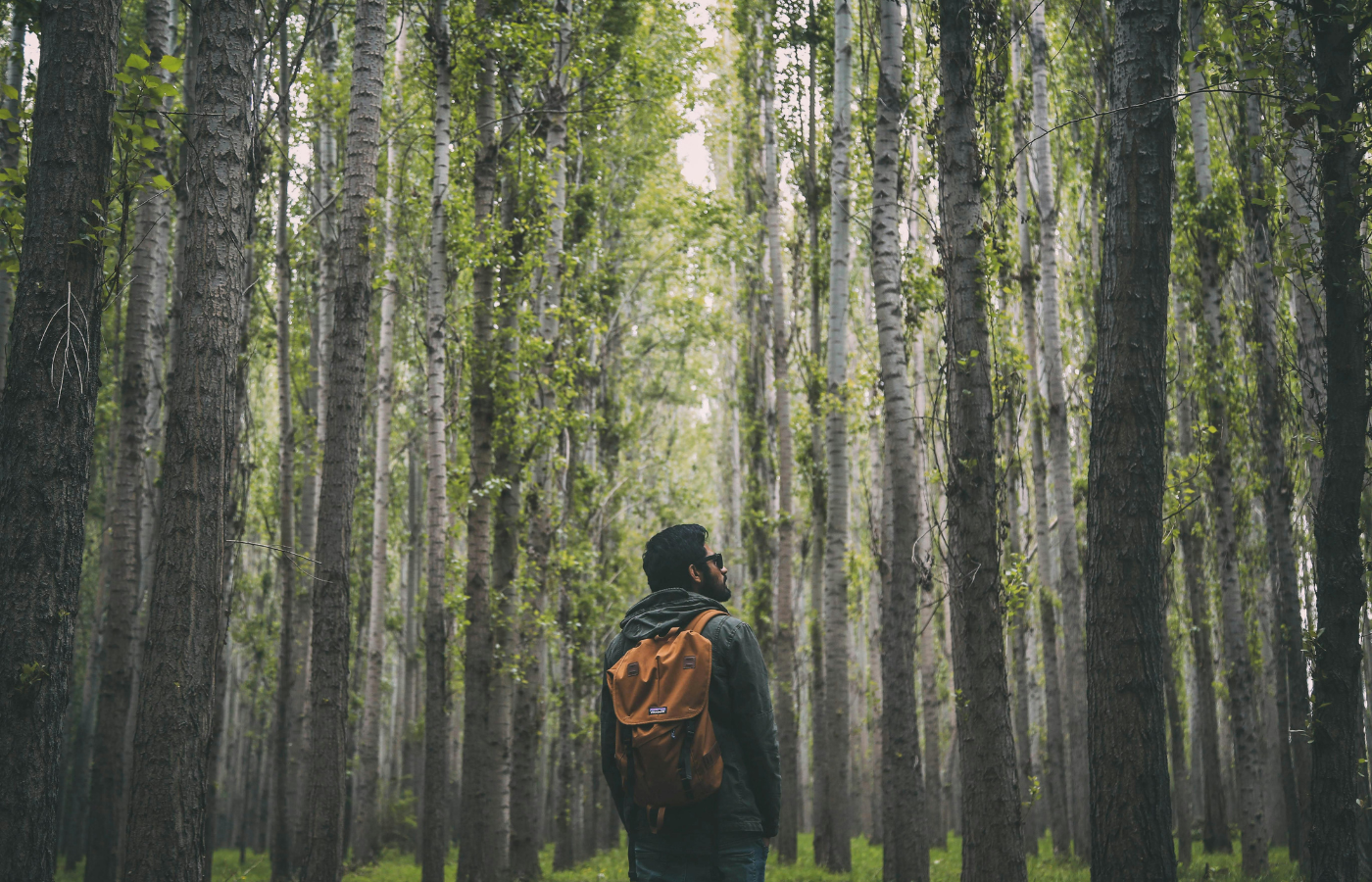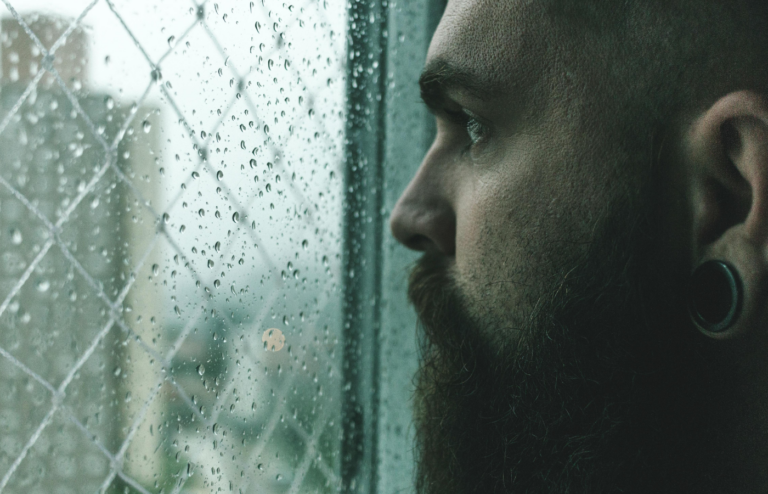When everything goes wrong, gear helps. But mindset saves. The people who survive disasters, wilderness mishaps, or long-term crises don’t just rely on tools—they rely on how they think.
Survivors don’t panic. They don’t freeze. They adapt. And the secret? It’s not luck. It’s mental habits anyone can build. Here are 15 powerful ways survivors train their minds to outlast anything.
1. They Stay Calm Under Pressure

Panic clouds thinking. Survivors know how to pause, breathe, and assess. They feel fear—but don’t let it take over.
Train yourself now. Deep breathing, mindfulness, and mental rehearsal help you stay steady when the world’s spinning.
2. They Think Two Steps Ahead

Instead of reacting blindly, survivors anticipate problems. If Plan A fails, they’re already working on Plan B.
It’s not paranoia—it’s foresight. Always ask: What if this stops working? What would I do next?
3. They Break Big Problems into Small Tasks

Overwhelm kills momentum. Survivors simplify. Cold? Build a fire. Hungry? Find food. Lost? Look for shelter.
One problem. One action. Then the next. Step by step, they climb out of chaos.
4. They Focus on What They Can Control
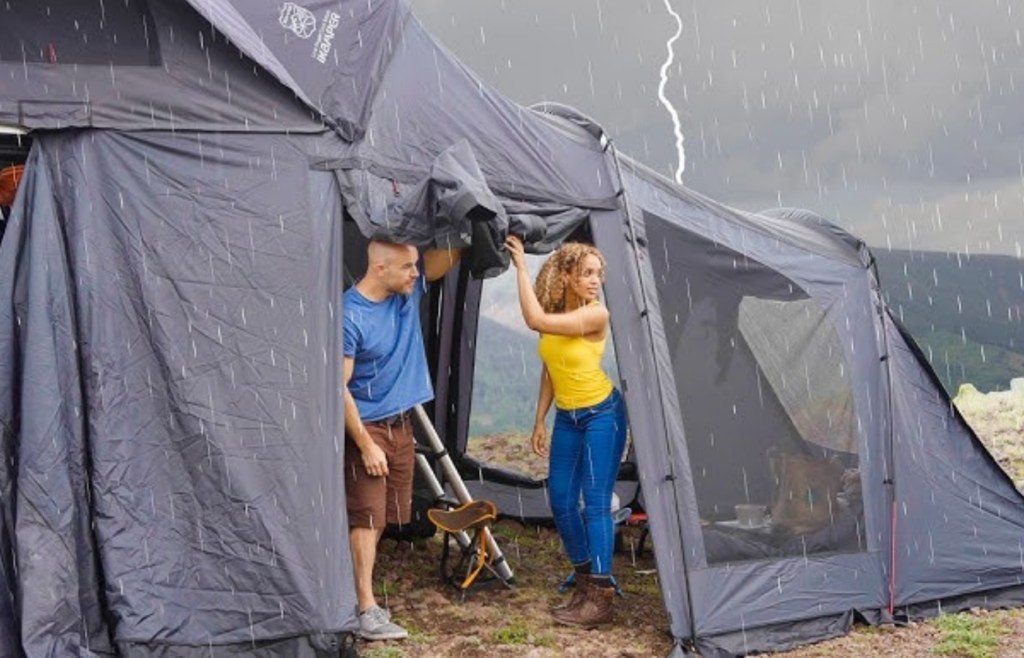
Storms, blackouts, injury—you can’t control everything. But you can control your attitude, your breath, your next move.
Survivors put their energy where it matters. Not on what’s gone, but on what’s possible.
5. They Stay Positive—But Not Delusional

Hope is fuel. But survivors aren’t naïve. They face facts—but look for wins. Even tiny ones.
A hot meal, a dry spot, a quiet moment—these lift morale and keep the will to fight alive.
6. They Stay Busy
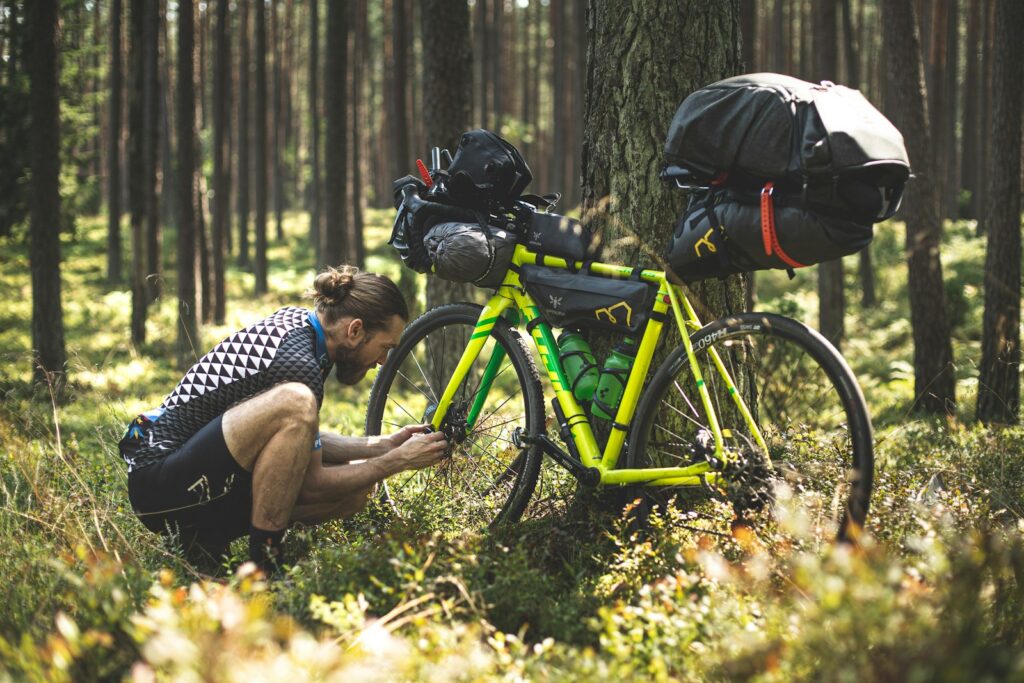
Idle minds spiral. Survivors stay moving—building, planning, fixing. Activity brings focus, progress, and calm.
Even in downtime, they prep for the next need. Busy hands = steady mind.
7. They Adapt Quickly

When things break, survivors don’t freeze. They improvise. Use what’s available. Think outside the gear list.
They make tools from trash. Shelter from scraps. Dinner from weeds. Adaptability is their superpower.
8. They Practice Self-Talk That Builds Grit

What you tell yourself matters. Survivors use strong, steady inner talk: You’ve got this. One step at a time. Don’t quit.
They coach themselves through fear and fatigue like their own best teammate.
9. They Watch and Learn Constantly
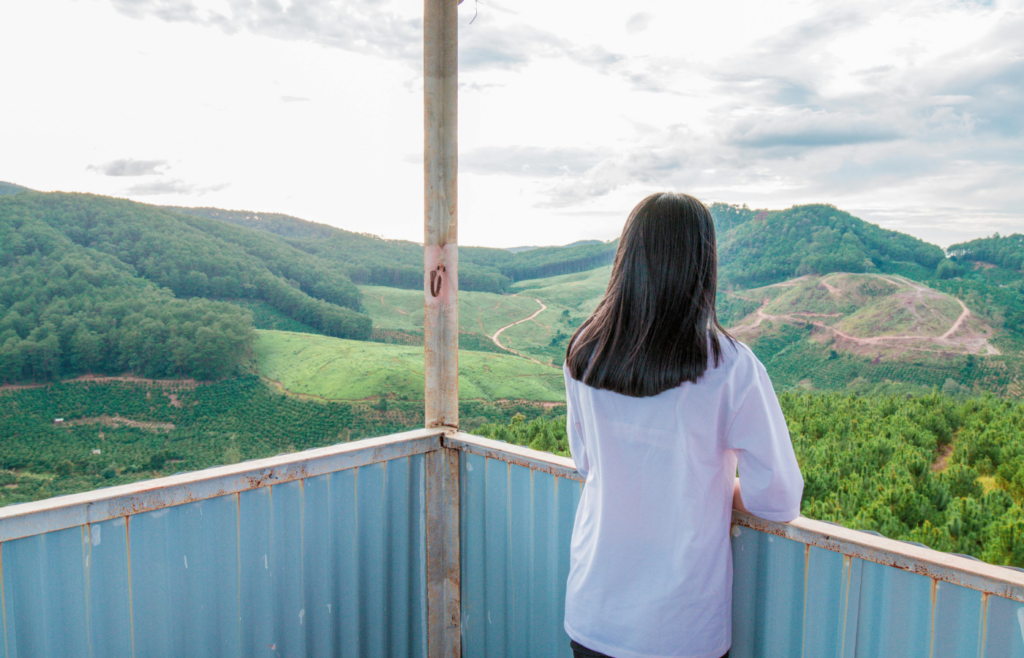
Survivors are always learning. Watching animal behavior, weather shifts, where the sun sets. Listening for danger—or opportunity.
They pick up patterns, signs, and clues. Because knowledge doesn’t just prepare—it protects.
10. They Trust Their Instincts (Because They Know Themselves)
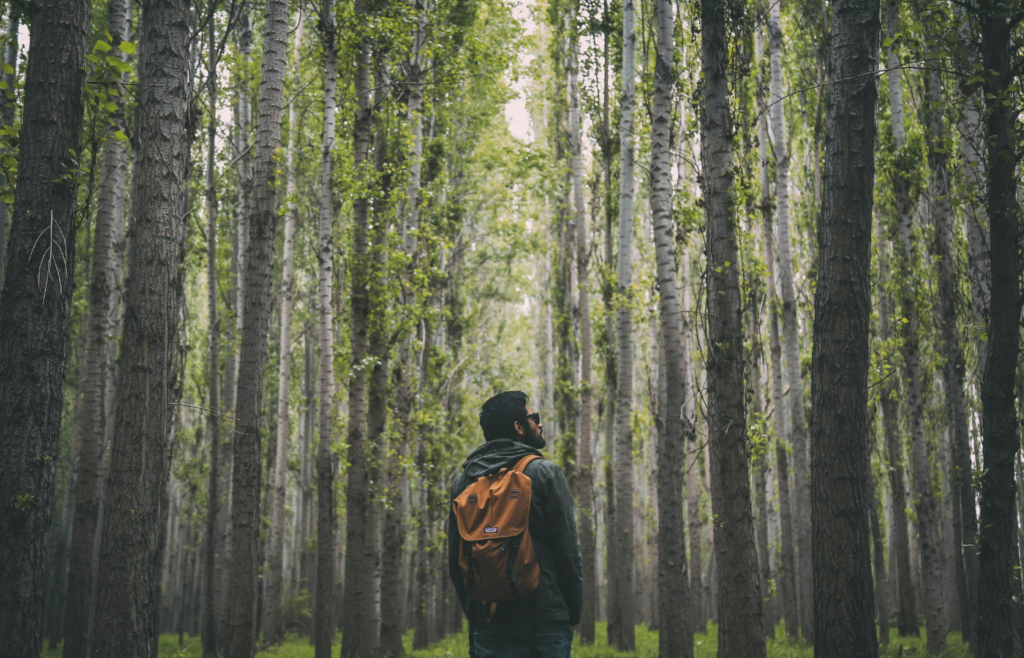
Gut feelings aren’t magic—they’re fast survival processing. Survivors listen to them, especially when something feels off.
But instincts work best when you know your own limits, triggers, and strengths. That’s why survivors do the inner work first.
11. They Stay Humble

Overconfidence kills. Survivors respect nature, their tools, and their own fallibility. They ask for help, double-check gear, and plan for mistakes.
They don’t assume they’ll win—they prepare to survive.
12. They Help Others When They Can

Survivors aren’t solo heroes. They understand that helping others builds morale, trust, and even safety.
One act of kindness can shift the energy of a whole group—and give everyone a reason to push forward.
13. They Keep a Sense of Humor

Laughter in the darkest moments isn’t weakness—it’s relief. It breaks tension and reconnects you to being human.
Survivors crack jokes, even in the cold or dark. Not because it’s funny—but because it helps them carry the weight.
Read More: Top 15 Skills You’ll Be Glad You Learned Before the Power Went Out
14. They Prepare Before It’s Needed
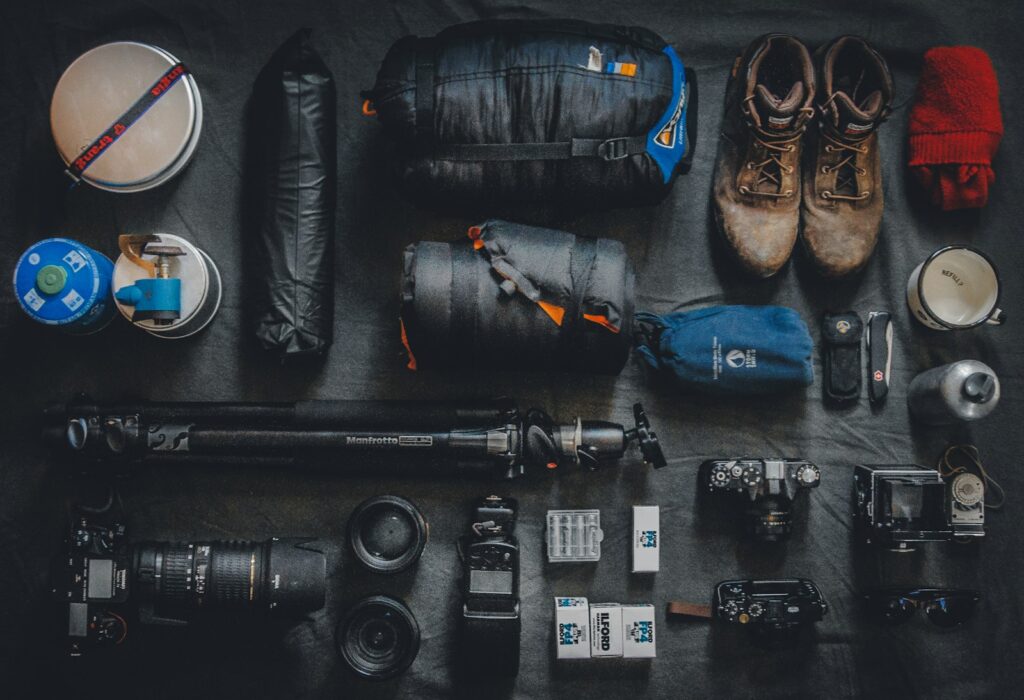
Survivors don’t wait for disaster to start learning. They prep when the skies are clear—gear, plans, and mindsets.
Practice makes panic less likely. They’re calm under pressure because they’ve been there already—in drills, in thought, in training.
Read More: Top 15 Must-Have Tools When the Power Grid Goes Down
15. They Refuse to Give Up
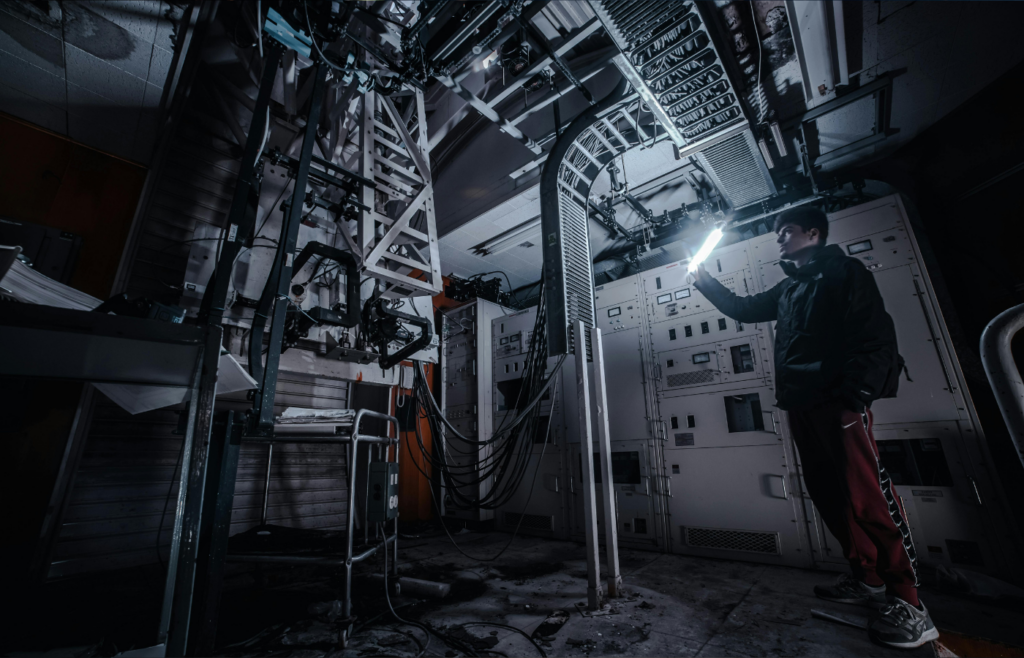
This is the core of it all. Survivors don’t quit. They fall. They break. They cry. But then—they get up.
They look for the next step, the next meal, the next hour. And they keep going. That’s survival, in its purest form.
Gear can run out. Batteries die. Maps get lost. But the right mindset? That’s yours to build and carry—anywhere, anytime. Train these habits now, and no matter what hits, you’ll be the one who makes it through.
Read More: Top 15 Multipurpose Survival Tools That Could Save Your Life

